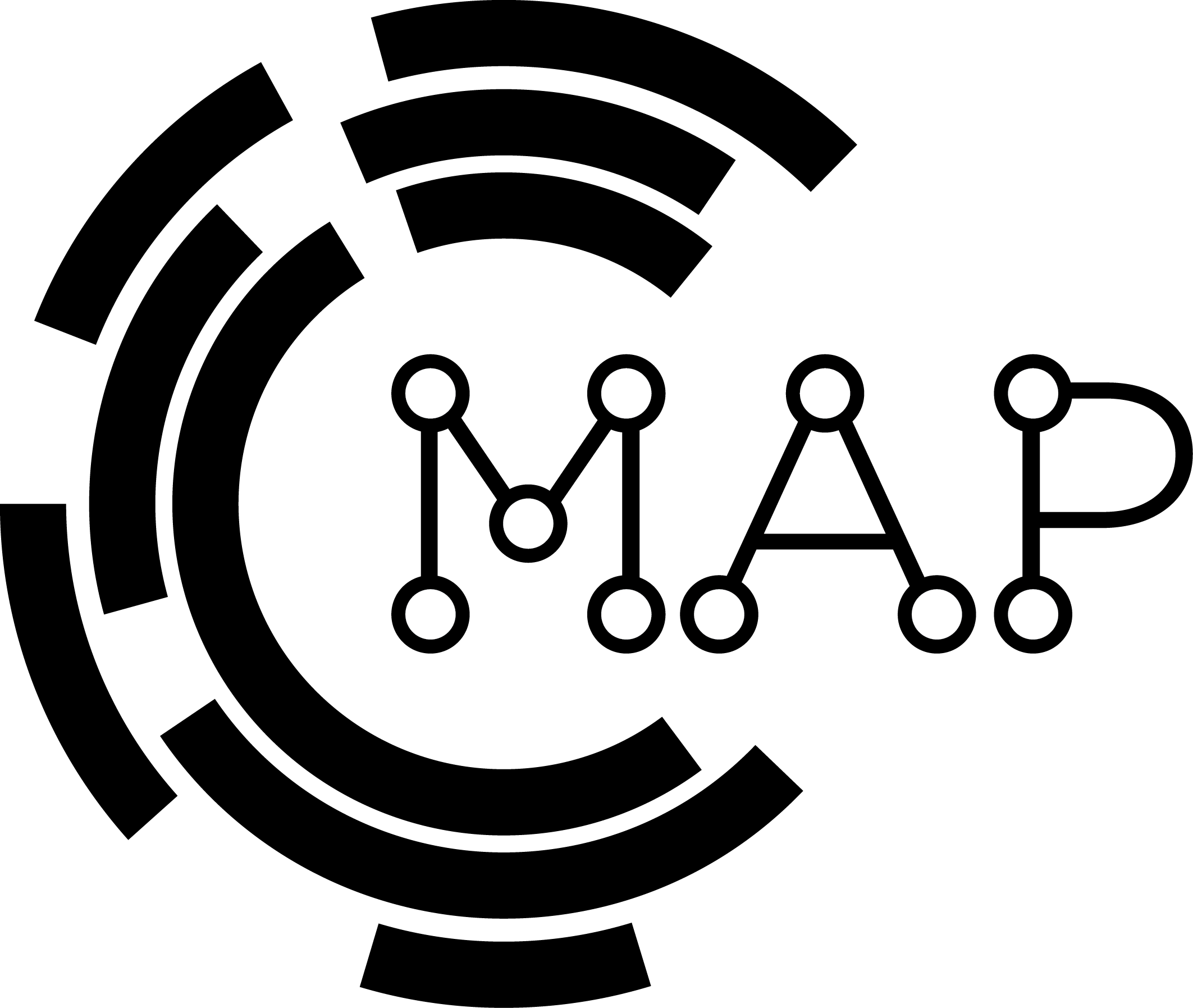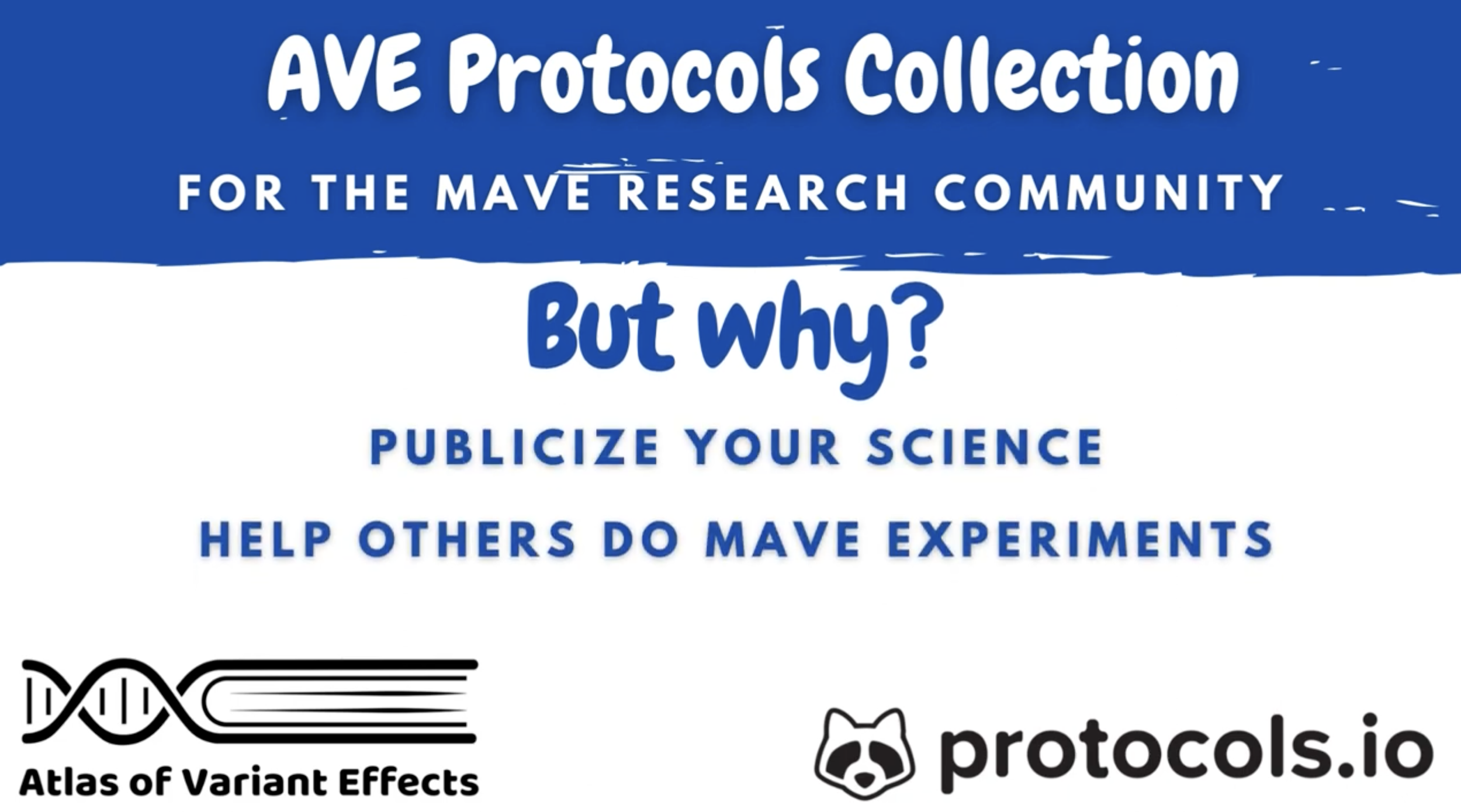Education and Outreach resources for variant effect mapping
The Center for the Multiplexed Assessment Phenotype (CMAP), is a Center of Excellence in Genome Science based at the University of Washington and the University of Pittsburgh.
We build Multiplexed Assays of Variant Effect (MAVE) and mutational scanning technologies to enable proactive measurement of the functional effects of all possible single-nucleotide variants in a target gene. These methods offer a general, scalable way to understand how variants impact molecular and cellular phenotypes, and to resolve variants of uncertain significance (VUS) that arise when human genomes are sequenced.
CMAP’s primary objectives are to 1) develop novel, scaleable and phenotypically complex technologies to assess the functional impact of single nucleotide variants in human genes 2) drive wide adoption of these methodologies 3) train early career experimentalists, clinical geneticists and data scientists to obtain and use large-scale functional data.
The technologies developed by our Center can shed light on the functional consequences of genetic variants and ultimately on the landscape of human genetic variation. By providing inclusive access to training and tools for making, depositing, obtaining, and using variant effects maps we are building a community that can take on the challenge of understanding how all of the billions of possible variants of the human genome impact phenotype and disease.
Postdoc Curran Oi presenting work on whole organism Deep Mutational Scanning (DMS) at the CMAP all hands meeting. (Photo by Lara Muffley)
1- to 2- Year Application-Focused Postdoc:
Linking phenotype to genotype is one of the most pressing problems in biology. Recent grads worked on high-risk, high-reward methods development projects to drive the mutational scanning field forward, as a unique opportunity to work at the cutting edge of genomics and proteomics with a team of creative and talented scientists.
We are hiring! If you are interested in joining one of our labs- please contact us! https://www.cmap.gs.washington.edu/postdoc
Symposium
Conference Illustration of Symposium,/Workshop presenter Atina Cote by Alex Cagan
The Center’s technologies have the potential to transform our understanding of the human genome. Our annual Mutational Scanning Symposium brings together top international experts on mutational scanning, who share their latest work and provide insights on the future of this science. The Symposium began four years ago as a local event in Seattle, and has grown each year, with generous support from funders and lots of work from organizers.
Please visit the Atlas of Variant Effects Alliance Events page for the most up to date information including details on upcoming symposiums and workshops. Join our International MAVE community user group (the Atlas of Variant Effects Alliance)
To view presentations from previous events (including the 2024, 2023, 2022, 2021 and 2020 please visit our CMAP YouTube channel.
for information on MSS25 visit: https://www.varianteffect.org/mss2025
We provide a suite of resources and tools for variant effect mapping. Resources include MaveRegistry, a platform to catalyze collaboration, reduce redundant efforts, allow stakeholders to nominate targets and enable tracking and sharing of progress on ongoing MAVE projects and MaveDB, a hub for the analysis and dissemination of MAVE datasets.
Please also visit https://www.varianteffect.org/resources for additional variant effect mapping related resources.
We have a MAVE Protocols workspace! Visit the Atlas of Variant Effects website for more information, view our YouTube tutorial, or follow this link (https://tinyurl.com/MAVEprotocolsGuide) to view the text file guide.
YOUTUBE CHANNEL
Free educational content is available on our CMAP youtube page which includes presentations from the Mutational Scanning Symposium and Workshop as well as talks from the Variant Effect Seminar Series.
How you can get involved!
> Learn how to make a variant effect map
> Find or add a MAVE Protocol on the MAVE Protocols workspace!
> Deposit your variant effect map data in MAVEDB
> Tune in to the Variants and Us Podcast
> Attend and present at the Mutational Scanning Symposium
> Join our International MAVE community user group (the Atlas of Variant Effects Alliance)





